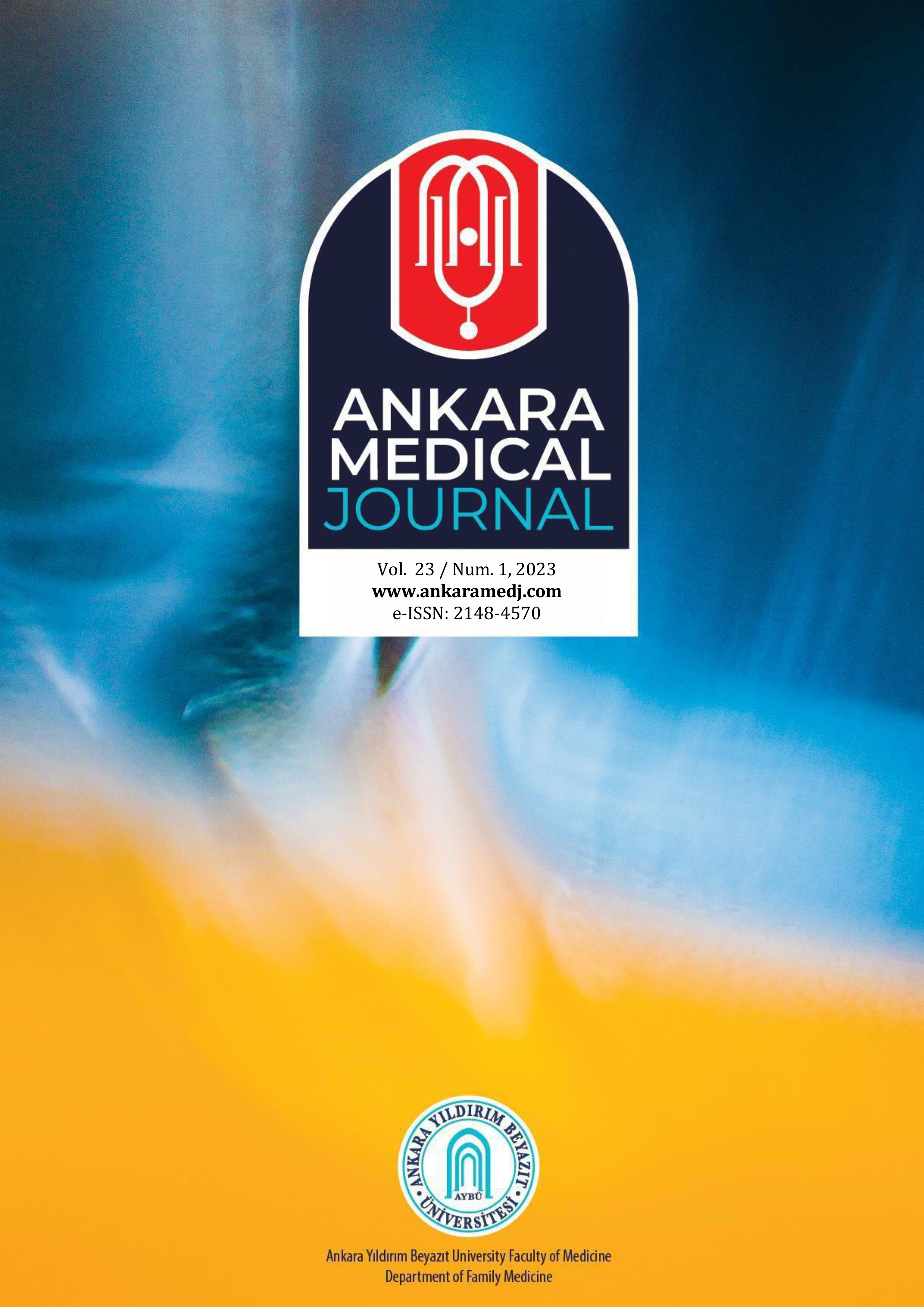The effect of postnatal education on breastfeeding self-efficacy and predictors of newborn weight changes in the first 10 days: a prospective study
Tuğba Güler Sönmez1, Ebru Uğraş Tiryaki2, Nilgün Altuntaş31Republic of Turkey Minister of Health, General Directorate of Public Health, Ankara2Serafettin Sabuncuoğlu Family Healthcare Center, Ankara
3Yildirim Beyazit University,department of Pediatrics, Division of Neonatology, Ankara
INTRODUCTION: To investigate the role of postnatal verbal and visual education in improving breastfeeding self-efficacy (BSE) and factors effective in weight gain or loss in the first ten days.
METHODS: Conducted between March-June 2020, this prospective study included a total of 145 healthy women with third-trimester pregnancies who received postpartum breastfeeding education (verbal and visual). Prenatal (pre-training) and postnatal (post-training) BSE Scale-Short Form (BSES-SF) scores, birth weights, The Edinburgh Postnatal Depression Scale and LATCH scale scores at the 10th day after birth, 10th-day newborn weight and differences in birth weight were recorded. Grouping was done according to whether or not the newborn reached birth weight at day 10 (decreased weight: DW group, same or increased weight: SIW group).
RESULTS: Mean maternal age was similar in the DW (30.61 ± 4.72) and the SIW groups (30.47 ± 4.88). Median BSES-SF scores after training were significantly higher than before training (p<0.001). Multiple logistic regression analysis revealed that regular follow-up during pregnancy (p=0.014) and high LATCH score (p<0.001) were independently associated with being in the SIW group on the 10th day, whereas additional formula feeding (p=0.006) and high EPDS score (p=0.004) were independently associated being in the DW group.
DISCUSSION AND CONCLUSION: BSE can be improved by using postnatal verbal and supervised video breastfeeding training. LATCH and EPDS scores can be used to easily identify mothers at high risk for postpartum breastfeeding problems and depression.
Manuscript Language: English
(770 downloaded)





